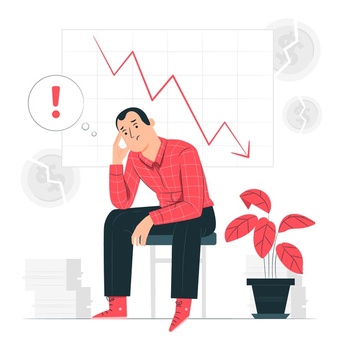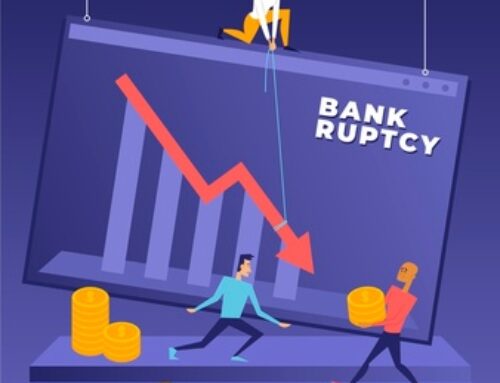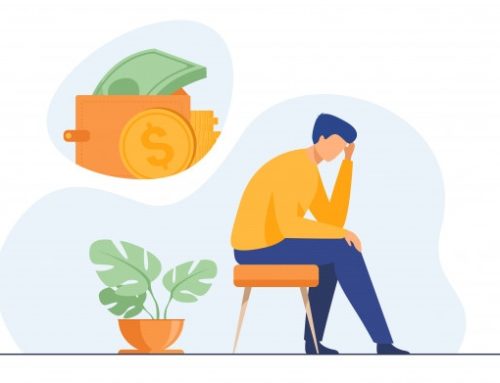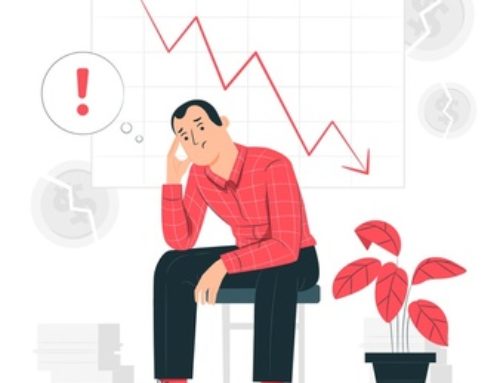Are you facing high credit card balances? Credit card debt is one of the most commonly discharged debts in Chapter 7 (CH7) bankruptcy petition. But many other types of debt can be wiped out when you declare bankruptcy. If you are thinking about filing bankruptcy in Michigan, this article will give you an overview of which debts are dischargeable and will likely be included in the bankruptcy discharge.
Bankruptcy Discharge Releases You From Debt
When a borrower receives his/her discharge notice, it means that he/she is no longer financially obligated to pay back creditors what is owed. Moreover, this court order prevents your creditor from calling you and having you repay your dues.
If creditor harassment continues even after filing bankruptcy, then simply giving your case number and filing date to the lending company for verification would usually put a stop to collection activities. Creditors who continue to collect when the automatic stay is in place or after the discharge notice has been released will face legal sanctions.
However, even though the debtor is no longer liable to pay for discharged debts, filing for bankruptcy will not remove any valid liens on properties. So if a secured creditor plans to repossess the property, he/she can do so by enforcing the lien. For instance, if you have a pending car loan before bankruptcy, and the court decided to discharge it, you don’t have to pay your loan balances anymore, but that doesn’t mean you can still keep the car. The lending company has lien rights to reclaim the vehicle.

Debt relief is just one of the many advantages of a Chapter 7 bankruptcy filing. If you are curious about other benefits of declaring bankruptcy or worried if rebuilding credit is possible after that, you should speak to your trusted bankruptcy attorney.
Dischargeable Debts
Declaring bankruptcy (CH7) is often the best way to resolve most debt problems, but there are certain exemptions as to which type of debts can be erased. While most unsecured loans are included in bankruptcy discharges, several laws prohibit certain types of debts from being eliminated in a bankruptcy court. These refer to nondischargeable debts.
In general, you can expect to find the following debts in your discharge notice:
- Balances, charges, overdue, and late fees on your credit card
- Outstanding medical bills
- Pending accounts in collection agencies
- Personal loan balance
- Utility bills
- Checks that are dishonored
- Student debt/loans
- Accident claims
- Past due rent on lease agreements
- Tax penalties that have been unpaid for a certain amount of time
If you possess any of these, there are additional requirements you must meet to ensure that your debt will be discharged.
First, the debt should have not been incurred due to fraudulent activity or you should not have any record of bankruptcy fraud. Next, it should be a “pre-filing debt”, meaning to say, you signed an obligation to pay for it before you file for bankruptcy. When the bill has been added after bankruptcy, it is now considered a post-filing debt. Debtors with post-filing debts are responsible for paying the full amount regardless of whether the bankruptcy process is completed or not.
Last of all, without the bankruptcy discharge notice, you remain liable for paying even the ones listed under the “dischargeable loan” category. That is why you should file bankruptcy right away. Save yourself from the stress and financial burden of your debts by speaking with one of our bankruptcy attorneys from HS&A, P.C today!



